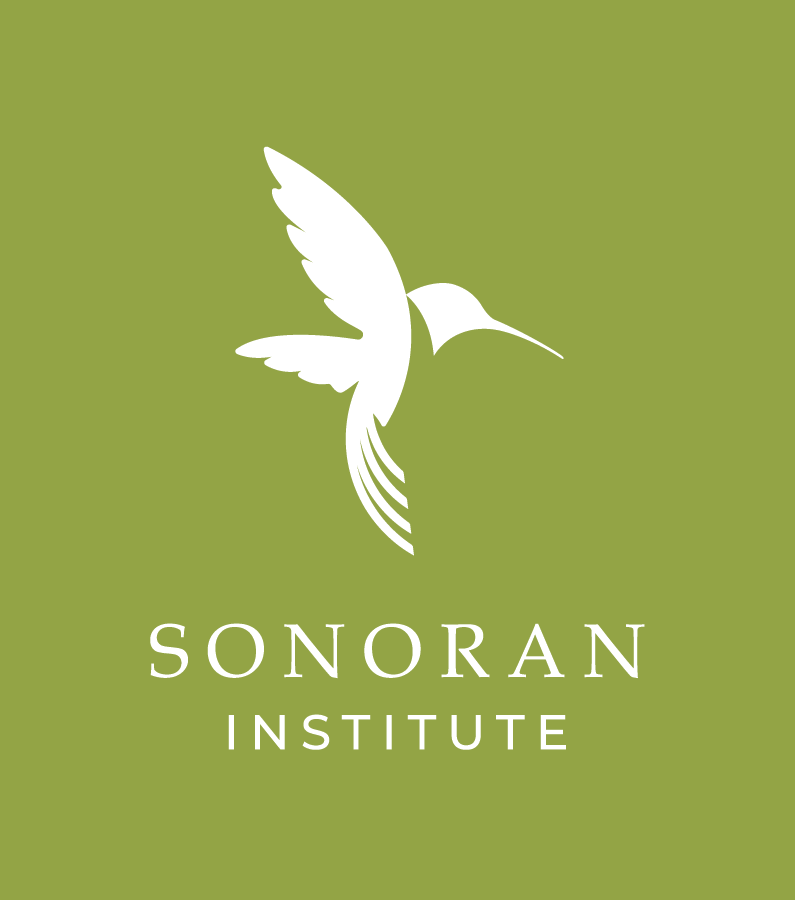“This is a very exciting day for both countries,” said Osvel Hinojosa, Water and Wetlands Program Director at Pronatura Noroeste, a Mexican non-profit conservation organization. “Especially for those of us who have worked in the delta for decades, waiting and preparing for this moment.”
Pronatura Noroeste is a member of Raise the River – a coalition of conservation organizations working to protect and restore the Colorado River Delta. Other participating organizations include Environmental Defense Fund, National Fish and Wildlife Foundation, The Nature Conservancy, Redford Center and Sonoran Institute.
“We have worked hand-in-hand with our partners over the years to achieve the best results possible for the delta,” said Francisco Zamora Arroyo, director of the Colorado River Delta Legacy Program at Sonoran Institute. “We are working together to monitor the pulse flow to determine its impacts on the delta and to inform future efforts to stimulate river health.”
The pulse flow is just one component of a multi-faceted policy agreement formally known as Minute 319 – negotiated between the U.S. and Mexico in 2012 to provide multiple benefits for water users on both sides of the border. In addition to the pulse flow, this policy framework more broadly allows the U.S. and Mexico to share surpluses in times of plenty and reductions in times of drought, provides incentives for leaving water in storage, and conserves water through joint investments in projects from water users in both countries.
“Today we are witnessing what appears to be a paradigm shift in the way we manage water,” said Jennifer Pitt, Colorado River Project Director at Environmental Defense Fund. “Historically in the West, everyone has approached water with an ‘us against them’ mentality. Now we’re talking about how we can share water, conserve water, and invest in new water projects and the health of the river itself. It’s truly refreshing.”
“The pulse flow is a sign of good things to come,” said Taylor Hawes, director of The Nature Conservancy’s Colorado River Program. “By minimizing the impacts of drought on any one user, providing incentives for leaving water in storage, and including the environment’s needs in the equation, the U.S. and Mexico are setting a new precedent for water-sharing agreements in the Colorado River Basin and beyond.”
“Our hope is that people all across the Basin will look back at this event and see it as one of the great steps forward in ensuring a healthy Colorado River and Delta far into the future,” said James Redford of the Redford Center. “It’s truly remarkable what governments, communities and NGO’s can accomplish when we work together.”
In addition to the eight-week pulse flow, some 52,696 acre-feet of “base flow” will also be delivered over the next four years to support key restoration sites in the river’s riparian corridor, thanks to NGO commitments under Minute 319. The NGO coalition launched a “Raise the River” campaign to raise funds for habitat restoration projects as well as the Colorado River Delta Water Trust, which acquires base flows through the purchase and lease of water rights from willing sellers throughout the Mexicali Valley.
“The base flows acquired by the Trust will help to nourish and maintain any new growth that appears this spring as a result of the pulse flow and other on-the-ground restoration investments,” said David Yardas, director of the National Fish and Wildlife Foundation’s Southwest and Interior Water Programs. “The delta ecosystem’s response should demonstrate the incredible value of these companion restoration strategies, and the importance of bringing water back to the delta over the long term.”
###
Raise the River is a unique partnership of six U.S. and Mexican non-governmental organizations committed to restoring the Colorado River delta. Members include Environmental Defense Fund, National Fish and Wildlife Foundation, Pronatura Noroeste, Redford Center, Sonoran Institute, and The Nature Conservancy.
To learn more about Raise the River, visit www.raisetheriver.org.
COALITION PARTNER CONTACTS:
Chandler Clay, Environmental Defense Fund: (202) 572-3312, cclay@edf.org
Tracey Stone, The Nature Conservancy: (602) 322-6999, tstone@tnc.org
Seth Cothrun, Sonoran Institute: (520) 290-0828 x1106, scothrun@sonoraninstitute.org
Osvel Hinojosa, Pronatura Noroeste: (52) 646 1753461 x 118, ohinojosa@pronatura-noroeste.org
David Yardas, National Fish and Wildlife Foundation: (202) 595-2472, david.yardas@nfwf.org
Jill Tidman, Redford Center: (415) 890-6863, jtidman@redfordcenter.org
